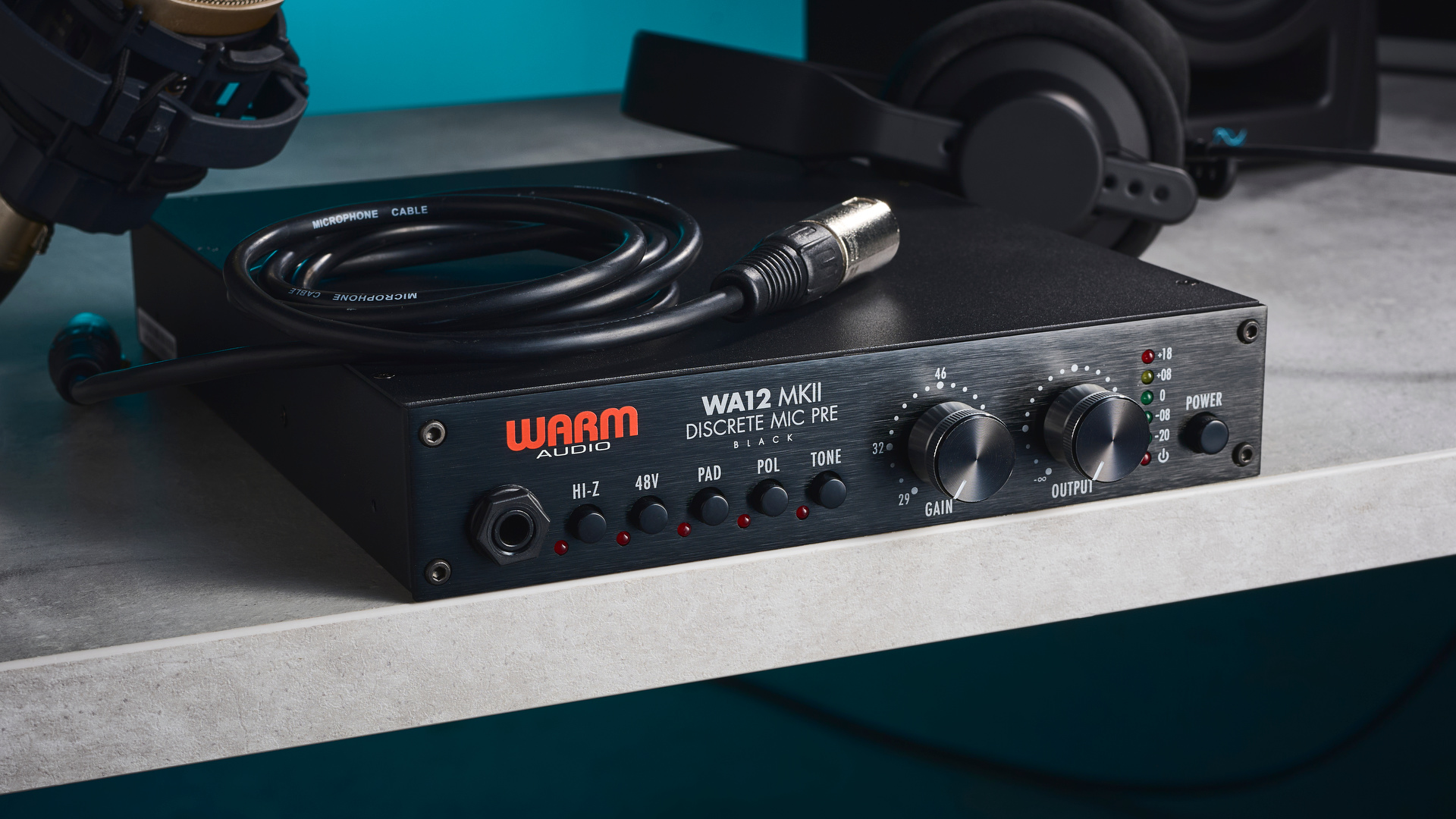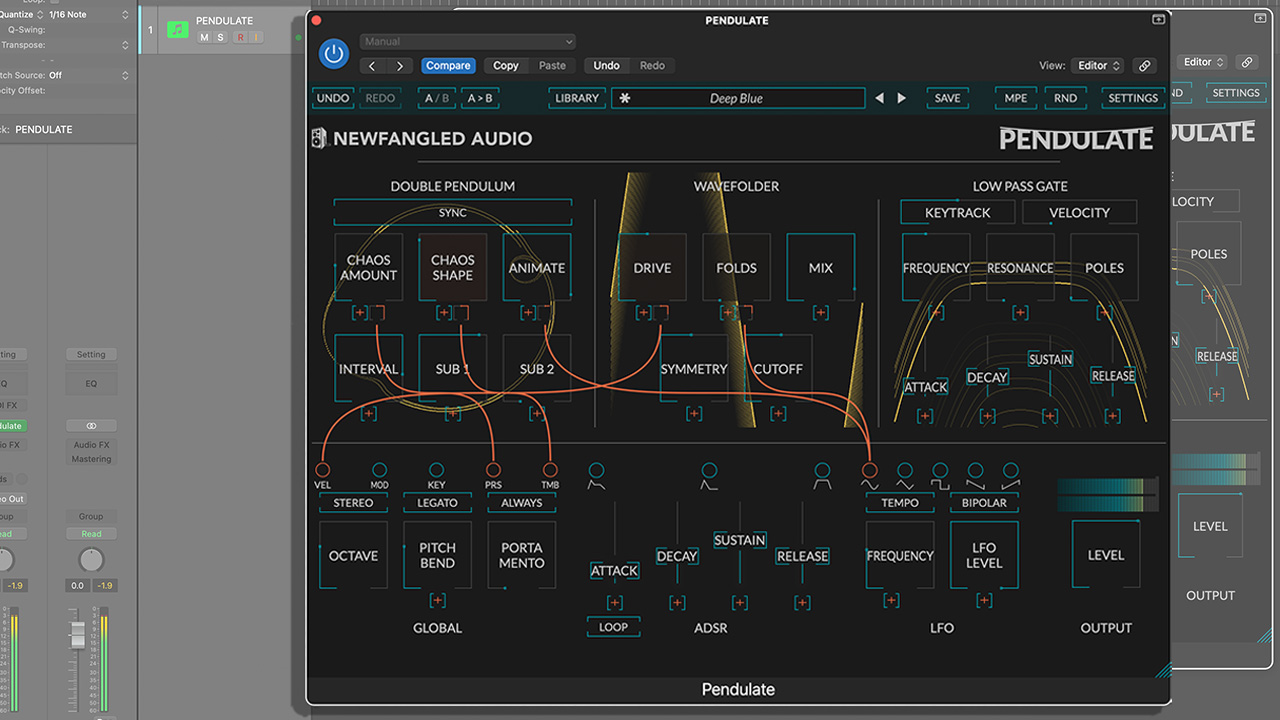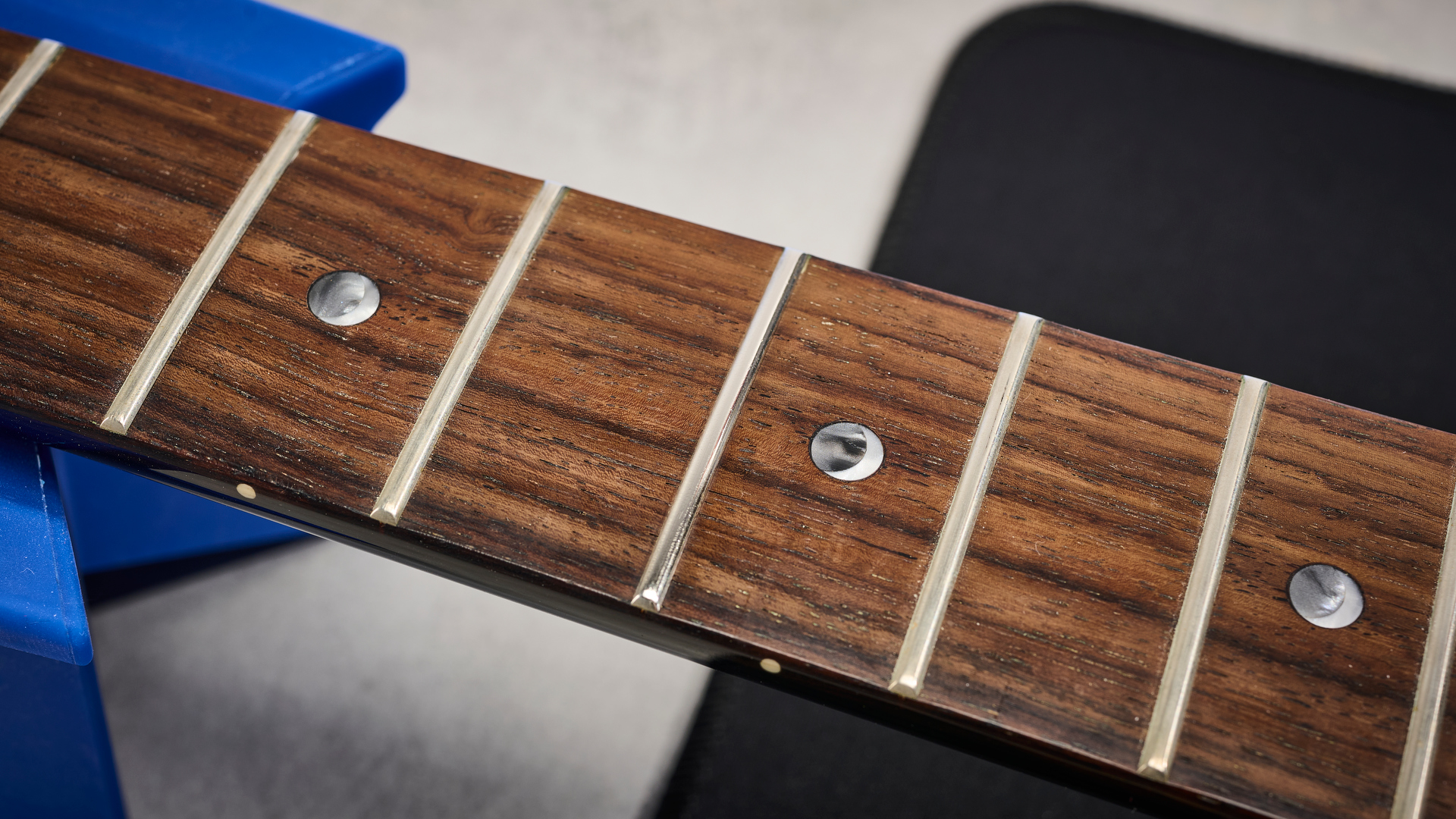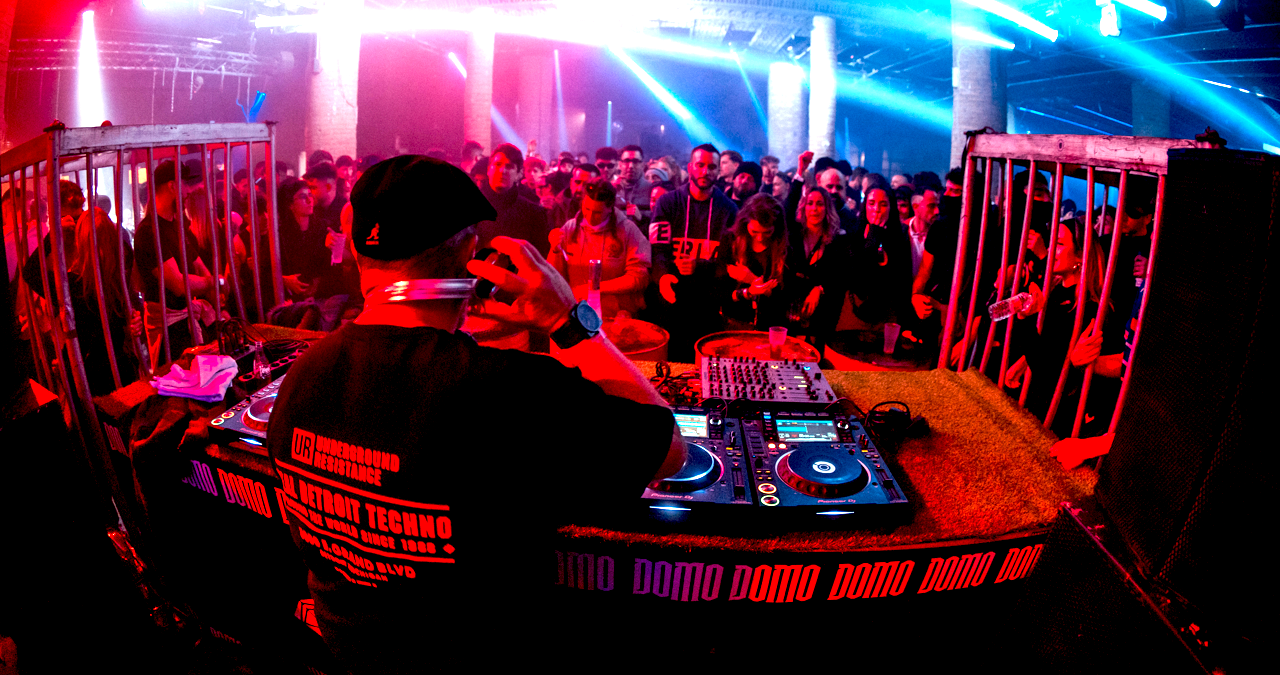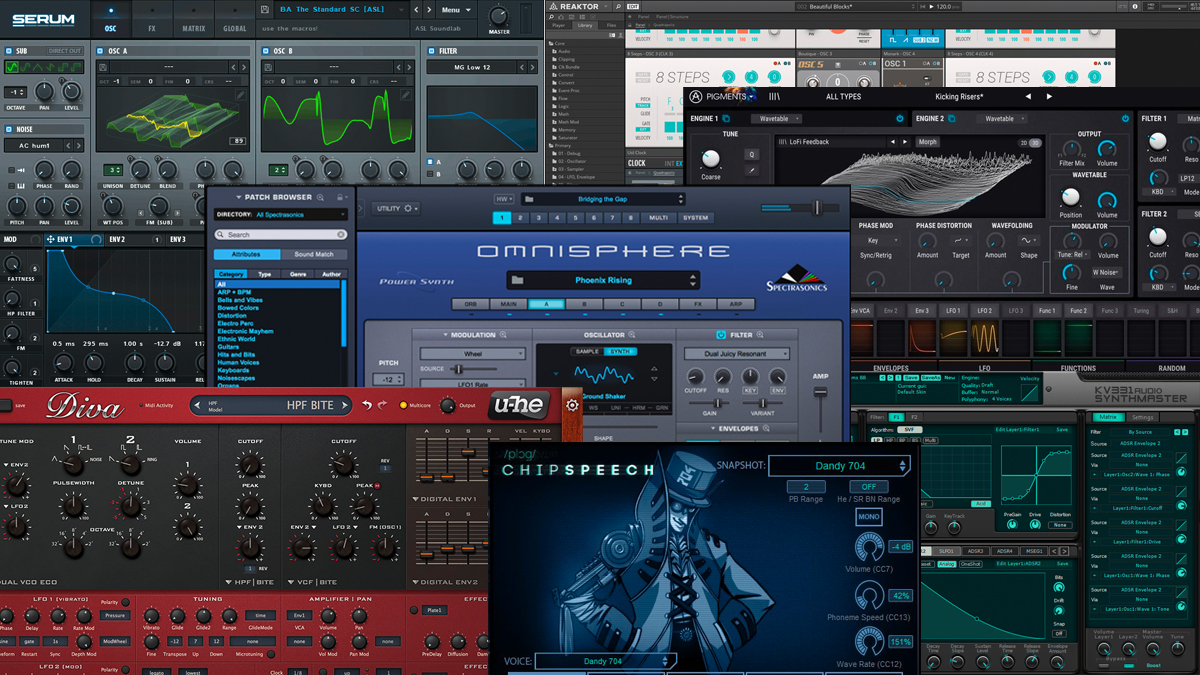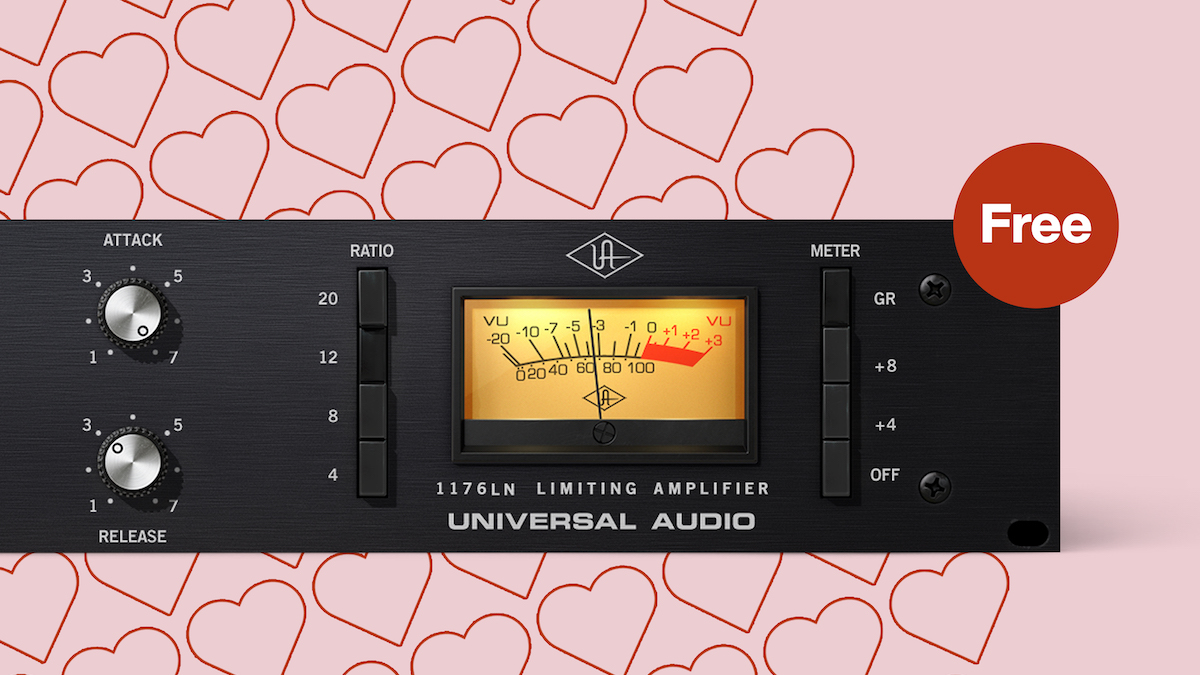How using cheap old hardware can give you an authentic lo-fi sound
The essential gear you need
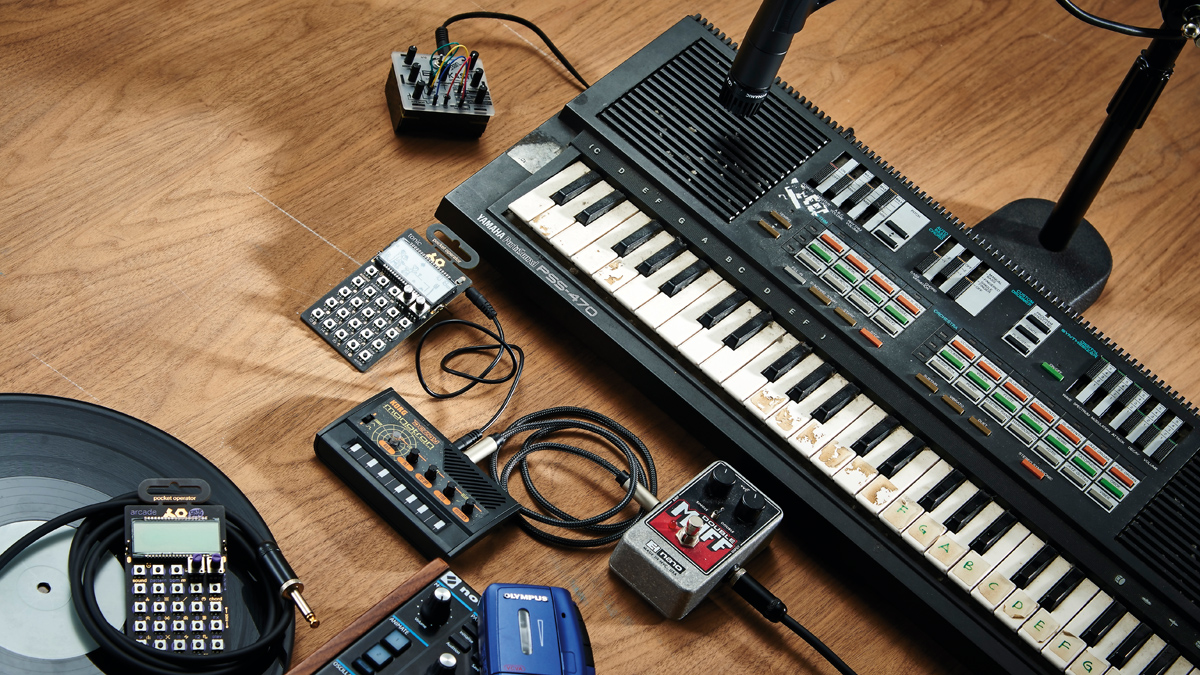
The term ‘lo-fi’, when discussed in a music production context, is an all-encompassing way to define sounds or songs that purposely mimic or recreate the sonic imperfections and limitations of analogue and digital equipment.
From the ‘cheap’ DIY sounds of Hot Chip to the raw muddiness of lo-fi house, techno and EBM it’s an approach that eschews today’s full-bodied, shiny sounds, instead embracing artefacts such as noise, crackle, bloat, distortion - anything that’s been recorded badly or can be classified as ‘low-res’, essentially.
When using hardware, the more budget, the better is by far the best way to ‘go lo-fi’. After all, piping a sound through cheap-sounding circuitry makes anything sound cheap.
There are an almost unlimited number of ways to process sounds out of the box, here are a few budget essentials that any lo-fi-minded producer should own.
1. Cassette deck
If you’re accustomed to perusing various synth and music tech accounts on social media, you’ll probably be aware of a certain lo-fi revival, specifically the resurgence of cassette. As one of the most low-res audio formats out there, the medium of cassette can transform any sound into an instant lo-fi version of itself, making even a basic tape deck an essential, cheap acquisition for your studio setup.
The process of running through tape and back is long-winded, but the results are worth it. Plug an audio output into your cassette deck, record your signal onto a tape, then play it back as you print the resulting audio back onto a DAW channel.
Nothing comes close to the top-end degradation, pitch-warbling wow and flutter or overt noise that will be imparted over your sounds, but if you prefer to stay in the box, Klevgrand’s DAW Cassette plugin does a decent job of emulating rough ‘n’ ready tape sonics in software.
Get the MusicRadar Newsletter
Want all the hottest music and gear news, reviews, deals, features and more, direct to your inbox? Sign up here.
2. Field recorder
Life itself can be classed as sonically ‘lo-fi’, with non-musical sounds occurring all around us. This is why, when approaching sound design with a lo-fi attitude, a field recorder is an essential purchase.
On a basic level, you can layer a bed of real-life ambience into your track to give everything an organic feel – natural ‘glue’ to bind everything together, if you will. The more adventurous sound designer can go further and use recorded everyday sounds – door clunks, buzzing, machine hum, car engines, etc – as raw material for the creation of beats, FX and even tuned signals. Using non-standard elements like this will instantly give your tunes an industrial, mechanical feel.
3. Budget gear
In the search for the latest, greatest new synthesiser or drum machine, it’s easy to forget those diminutive bits of gear you already own, or those cheap and cheerful items that can be acquired for bargain prices on the second-hand market.
Remember that high-fidelity is the last thing we want, so almost any crap-sounding synth or bargain-basement processor will come in useful – the noisier, the better. Examples include old Casio synths, Zoom rack multieffects, Alesis reverbs and more.
If you prefer more modern, portable equipment, we recommend Teenage Engineering’s Pocket Operator range. These calculator-like digital devices are fairly cheap, and all have a distinctly lo-fi sound.
4. Mixer
An old, battered – and ideally analogue – mixing desk is not only good for combining multiple signals in your studio in a practical sense, but can also be used creatively, too. For example, driving a synth or drum sound hard into a channel’s preamp will impart heavy analogue distortion, plus raise the preamp’s noise floor for a powerful sense of push and fuzz.
Another great lo-fi mixer trick is to layer up two or more sounds in your DAW, drum machine or sampler, then funnel them all through one mixer channel and overdrive the preamp input hard. This will mush the layers together in a rugged way unachievable in software.
Future Music is the number one magazine for today's producers. Packed with technique and technology we'll help you make great new music. All-access artist interviews, in-depth gear reviews, essential production tutorials and much more. Every marvellous monthly edition features reliable reviews of the latest and greatest hardware and software technology and techniques, unparalleled advice, in-depth interviews, sensational free samples and so much more to improve the experience and outcome of your music-making.
"If I wasn't recording albums every month, multiple albums, and I wasn't playing on everyone's songs, I wouldn't need any of this”: Travis Barker reveals his production tricks and gear in a new studio tour
“My management and agent have always tried to cover my back on the road”: Neil Young just axed premium gig tickets following advice from The Cure’s Robert Smith

